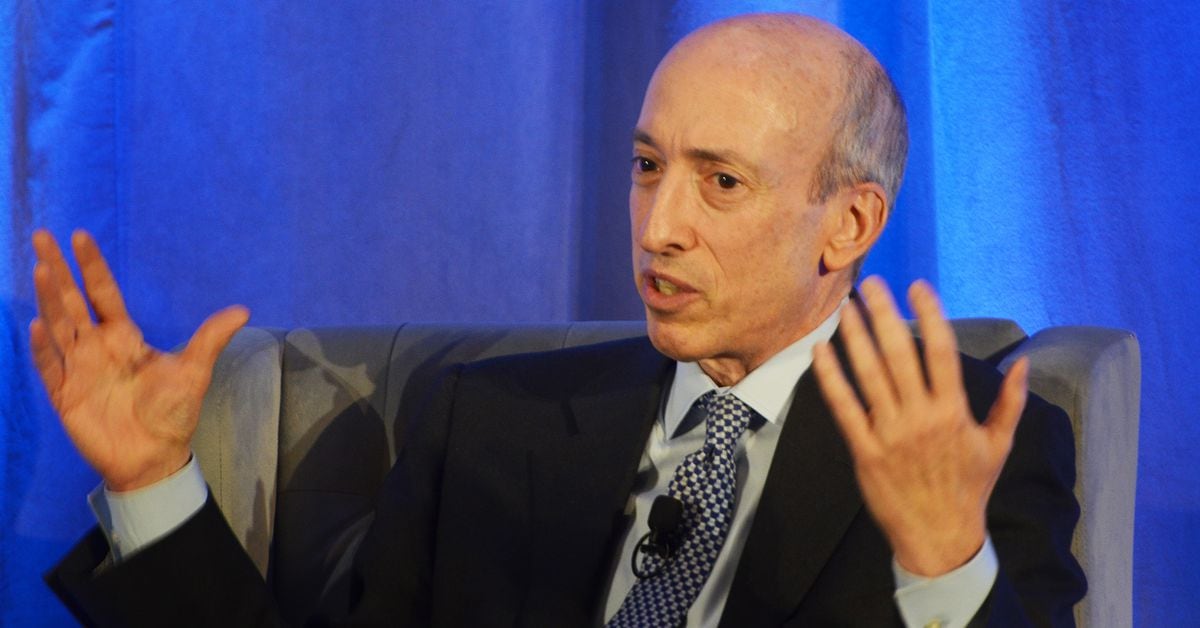[ad_1]
Coinbase Chief legal officer Paul Grewal said on July 4 that the U.S. Securities and Exchange Commission’s (SEC) interpretation of “investment contract” violates the law judging by a recent Supreme Court opinion.
In a July 4 Twitter thread, Grewal claimed that the SEC’s interpretation contradicts the Nebraska case’s Supreme Court’s Major Questions Doctrine opinion. He added that swapping “Secretary” for “Chair” and “digital asset” for “student loans” showed that the financial regulator’s interpretation violates the law.
The Supreme Court’s opinion
The opinion Grewal is referring to was the apex court ruling in Biden vs. Nebraska on the legality of student loan debt cancellation. The Supreme Court disagreed with the Secretary of Education’s attempt to establish a student loan forgiveness program using the HEROES Act, saying the Act does not grant such powers.
Grewal asserted that the Court’s reasoning in the student loan case could also challenge the SEC Chairman’s interpretation of investment contracts, which includes cryptocurrencies. Chair Gary Gensler has repeatedly argued that the current securities law adequately regulates the crypto industry.
The Coinbase executive contends that the “economic and political significance” of the SEC supposedly overstepping its bounds by claiming authority over all digital assets apart from BTC is not only “staggering” but also disregards the fundamental requirement for enforceable rights between an enterprise and a purchaser.
“The “economic and political significance” of falsely claiming authority over all digital assets other than BTC is not just “staggering,” but untethered to the fundamental requirement that there be enforceable rights between enterprise and purchaser.”
Meanwhile, Grewal noted that Congress could fix this problem regarding the standards for investment contracts by passing legislation in the future. Several U.S. lawmakers are working on several bills to bring regulatory clarity to the crypto industry.
How the SEC interprets investment contract
Despite the absence of specific laws regulating cryptocurrencies in the U.S., the SEC maintains that applying the Howey test classifies most cryptocurrencies as securities.
On its website, the SEC stated:
“The U.S. Supreme Court’s Howey case and subsequent case law have found that an ‘investment contract’ exists when there is the investment of money in a common enterprise with a reasonable expectation of profits to be derived from the efforts of others.”
While several stakeholders have disagreed with this view, the regulator has labeled more than 60 crypto assets as securities based on its interpretation in different lawsuits.
The post Coinbase officer argues U.S. student loan ruling sets precedent for SEC on crypto regulation appeared first on CryptoSlate.
[ad_2]














